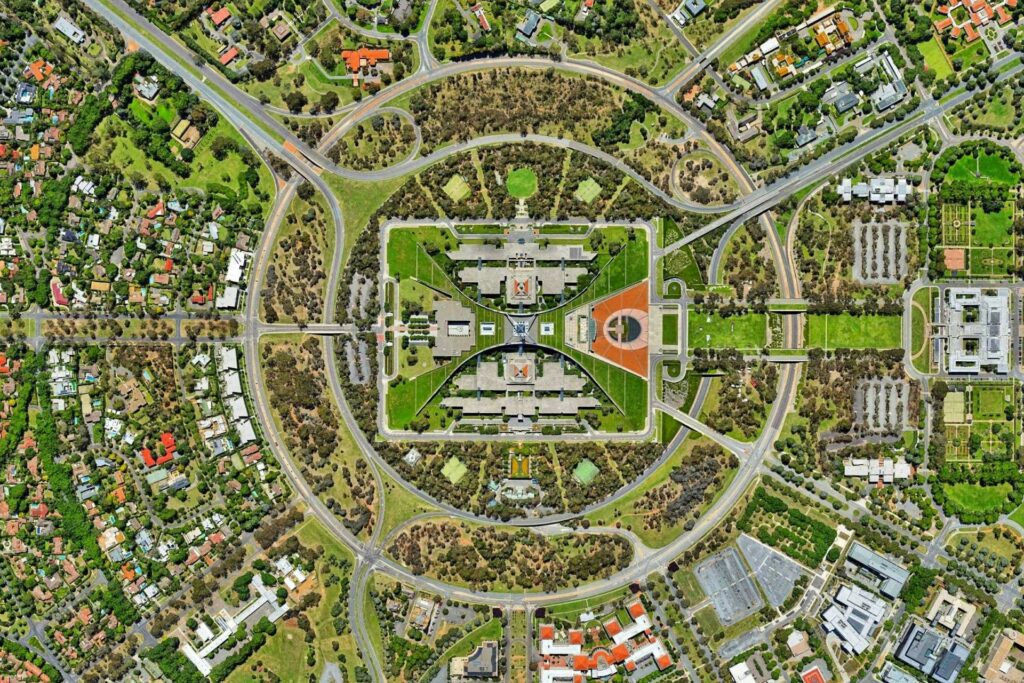With Covid-19 infection rates climbing steadily higher and spreading across Sydney from the Eastern suburbs, Tessa Boyd-Caine questions the public health value of the overnight deployment of a highly visible police presence in South-West Sydney. This piece was first published on Croakey Health Media (Friday 9 July, 2021)
Sydney’s Covid19 hotspots are spreading from the east to the south-western suburbs. Announcing a stepping up of policing of the public health orders accordingly, NSW police have led the charge with the statement: ‘The virus has shown it doesn’t discriminate and nor do the NSW Police.’
It might play well as a sound bite, but this statement is neither helpful nor true. It ignores the strong evidence of profiling in policing practice, reflected in the over-policing of populations such as Aboriginal and Torres Strait Islander people and the targeting of identified cohorts such as young people. It also belittles legitimate concern about disparity. There might have been police present in Bondi at the start of the latest lockdown, but nothing like the press releases and high visibility of this effort south-west of the city.
So too, the impacts of Covid19 have been highly discriminate. Low-paid and casualised workers have borne the brunt in jobs they can’t do from home; unable to afford to take sick leave when they show signs of illness or to get vaccinated. The prioritisation of eligibility for the vaccine has hindered the rollout of the public health measure most likely to protect us against the current outbreak.
Access to vaccination for those eligible has highlighted further inequities, for instance among Aboriginal and Torres Strait Islander people. Meanwhile health practitioners in regional, rural and remote settings have reported a lack of public messaging has exacerbated their challenge in promoting vaccination locally.
Yet instead of clear messaging, we see a policing response focused on control and compliance. It is as though we have not learned the lessons from the disastrous intervention of police into Melbourne’s 2020 lockdown.
When Melbourne identified the severity of the spread of Covid19 in July last year, its public health response included the drastic step of locking down particular public housing complexes. Crowded and poorly ventilated housing stock had created a petri dish for the virus to spread among tenants. As televised images showed, the lived experience of this lockdown was not a blanketing of health services to tend to the sick, but a sudden presence of heavy policing blocking people from leaving their homes. In some cases, health services reported that the police presence blocked health providers delivering medication or other healthcare to residents. Ultimately, the Victorian Ombudsman found the implementation of that lockdown was a breach of Victorians’ human rights.
Policing in the pandemic looked like targeting culturally and linguistically diverse communities, many of whom already have lived experience of profiling, trauma and oppression at the hands of law enforcement.
Now, as Sydney battles to stop the spread of Covid19, we are seeing an asserted escalation of police presence in some of Sydney’s most culturally and linguistically diverse communities. Policing compliance with public health measures might be an important part of the public health strategy, but it was not this prominent in Bondi.
There is a bitter irony in the increased police presence now, in communities facing a Covid19 breakout. Many of those same communities have been fighting racism and prejudice wrought by the pandemic for months, without feeling safe to report those crimes to police.
We can’t ignore the lesson, taught repeatedly since the pandemic hit, that it is clear public health messages, backed up by culturally appropriate services, that improves access to healthcare and through that, improved health outcomes.
We need public debate to recognise the inequities that lead to disproportionate impacts of the pandemic. We need health, social and economic policies to address the underlying drivers of these inequities, from poor quality housing to insecure work. Until then, policing compliance of public health measures is likely to alienate and isolate communities at a time we need trust and connectedness the most.





